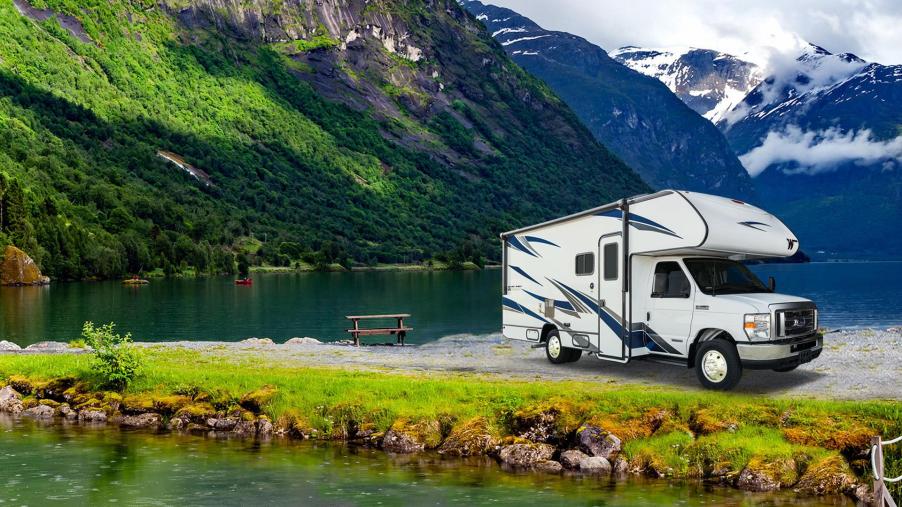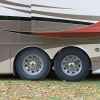
Shopping for an RV Is Unnecessarily Hard
Shopping for an RV is pretty different from shopping for a car. Looking for the ideal RV or motorhome that best suits your needs requires additional planning, budgeting, and maintenance. The annoying thing is that some RV brands make doing this unnecessarily hard.
Why shopping can be difficult for first-time RV buyers

RV living has surged in popularity, mostly because of the ongoing pandemic. But alas, many brands haven’t caught up with the times. Some of the most popular RV companies have websites that aren’t very user-friendly, making it harder to find the best option.
Take Winnebago, for example. Winnebago is a historical travel trailer company that’s remained relevant thanks to its modernized product lineup. However, there are some aspects of the Winnebago shopping experience that we think need updating.

To get the most information about a Winnebago model, you have to request a brochure. The brochures are searchable enough, but if you are cross-shopping options, downloading the files gets cumbersome. Winnebago doesn’t display all the feature information on its actual site, and it can be hard to find one of its dealers near you. I was particularly frustrated when shopping for Winnebago’s Micro Minnie since many of the page icons didn’t work. Fortunately, the site has been updated since then.
Shopping for a Jayco motorhome isn’t much more straightforward. At least Winnebago displays its pricing upfront. You have to click through a couple of pages to get an idea of how much you’ll spend for a Jayco model. Additionally, you have to request a quote for more charge information and ask for a brochure separately.
What could RV companies do to make our shopping experiences better?

It would be more helpful if large brands like Winnebago and Jayco formed their websites as many car companies do. Companies like Honda let you compare their vehicles to the competition. Ford makes it simple for customers to search for local inventory. And perhaps what’s best of all is that carmakers don’t make you submit your name and address to get more information.

The good news is that dealers like KeyStone RV understand that digital platforms can make or break a buyer’s shopping experience. Keystone updated its website with a new filtering feature that helps you find an RV based on your must-have items. It also lets you compare different product lineups.
“Pre-pandemic research made it clear that Keystone’s website is a critical part of the purchasing process, and that both shoppers and owners expected more from that experience than is typical in the RV industry,” President and CEO Jeff Runels stated. “We never could have imagined how important this initiative would be now that it is more of a challenge for customers to get out to retail locations.”
RV News
Newer travel trailer companies are also setting a good example

Trendy lifestyle companies, including Opus and Happier Camper, are setting a new standard for RV shopping. Opus makes it easier to find relevant dealer centers near you, and you don’t have to enter your address to get a brochure. Happier Camper displays its pricing based on the features and upgrades you want. Airstream has also made its website more intuitive for those on the hunt.


